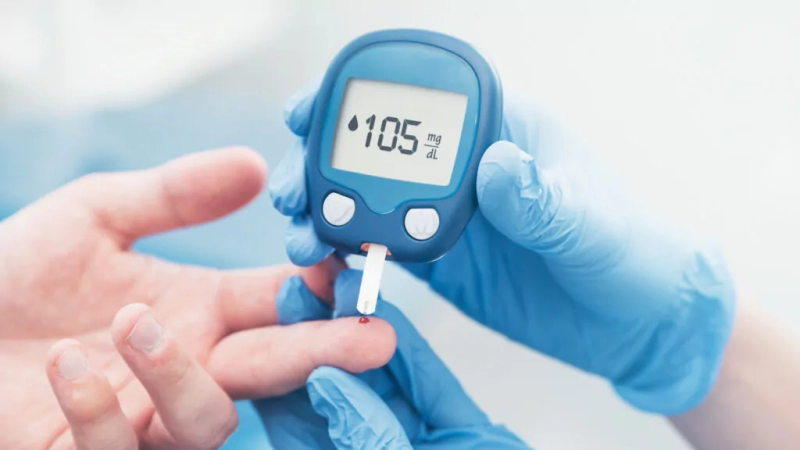The New Intellectual Property Rights policy (IPR) was announced by the Government of India which aims to improve Prime Minister Modi’s Make in India scheme by boosting innovation.
In the U.S Chamber of Commerce (USCC) Global Intellectual Property Chamber Index current India rank is 37 out of 38 countries. Based on 30 indicators spread across 6 categories are patents, trademarks, trade secrets, copyrights, enforcement, and international treaties and the index gives an abysmal score of 7.05 out of 30 possible points to India.
The greatest concern for the U.S Chamber of Commerce is an Indian rule prohibiting patents for additional changes and India’s use of compulsory licensing supplies as a means of effectuating transfer of technology. Also important as areas of concern were recent court rulings regarding copyright infringements, shortage of regulations for data protection, and poor enforcement of civil and criminal remedies.
There are seven main purpose of the new policy:
- Creating awareness to public about the economic, social and cultural benefits of Intellectual Property Rights (IPR).
- Stimulate the Generation of IPRs: More Intellectual Property Rights (IPRs) should be generated through greater innovation and research.
- Strong and effective Legal and administrative framework and it envisages to provide a balance between the interests of the IPR holder and public interest.
- Modernize and strengthen administration, management of IPR and user-oriented services by speeding up of Trademark registration to one month from 13 months currently.
- Commercialization of IPR– To get an adequate value of Intellectual Property Rights by increasing commercialization and pushing Intellectual Property Rights ( IPR) as marketable financial asset
- Enforcement and Adjudication strengthening mechanisms to effectively combat IPR infringement.
- Human resources, institutions and capacities for teaching, training, research and IPR skill building is to be strengthened by Human capital development (HCD).
In the new policy plan these objectives are set out in detail. The policy makes the Department of Industrial Policy and Promotion, to guide and inspect implementation and future development of IPRs in India. India is bringing more rules to increase quality and reliability as it is one of the major factors for a market to grow. In recent times India also announced New Quality Assurance Certification System for Medical Devices.
Other News
India Medical Device Pricing Strategy: Ensuring Growth & Affordability
India’s National Pharmaceutical Pricing Authority (NPPA) is developing a specialized India medical device pricing strategy for medical devices, transitioning away from the conventional drug-centric framework. This innovative strategy will incorporate international pricing tactics tailored to […]
Read MoreImports of High-Value Medical Equipment
High-Value Medical Equipment The Central Drugs Standard Control Organization (CDSCO) and the Central Board of Indirect Taxes & Customs have released a new circular, “F.No.401/40/2021-Cus.III,” detailing updated policies on the import of used high-end medical […]
Read MoreSEC Committee: Pioneering Medical Approvals
New important article released by Central Drugs Standard Control Organization (CDSCO) titled “SEC – Special Expert Committee, Medical Devices”. Key highlights include the streamlined processes for CDSCO application evaluations, preparation and significance of briefing materials, […]
Read MoreErlySign Oral Cancer Detection Technology Gets CDSCO Nod
ErlySign, a Nagpur-based biotech startup, has received approval from the Central Drugs Standard Control Organization (CDSCO) to conduct large-scale clinical trials for its novel oral cancer detection technology. The approval for ErlySign follows a rigorous […]
Read MoreAdditional Steps Announced by FDA to Modernize Clinical Trials
The U.S. Food and Drug Administration has made draft guidance available with updated recommendations for good clinical practices (GCPs), which are intended to modernize the clinical trial design and conduct while maintaining data integrity and […]
Read MoreAccreditation and Registration Numbers for Foreign Manufacturers Publication by PMDA
This article deals In accordance with the Pharmaceuticals and Medical Devices Act (PMD Act) of Japan, foreign businesses that wish to produce pharmaceuticals, quackery products, active pharmaceutical ingredients (APIs), or medical devices abroad and import […]
Read MoreBSI New Certification to Mitigate Antimicrobial Resistance Risk in Antibiotic Manufacturing
BSI, the business improvement and standards company, has developed a new certification to mitigate the risk of antimicrobial resistance (AMR) in antibiotic manufacturing. The certification, called the Minimized Risk of Antimicrobial Resistance (AMR) certification, will […]
Read MoreTUV SUD Inspects IVD Medical Devices’ Cyber Security
The growing digital connectivity of medical infrastructure is resulting in complicated systems with a plethora of diverse interfaces that are potentially vulnerable to assault. The IVD requires producers to provide proof of cyber security before […]
Read More



